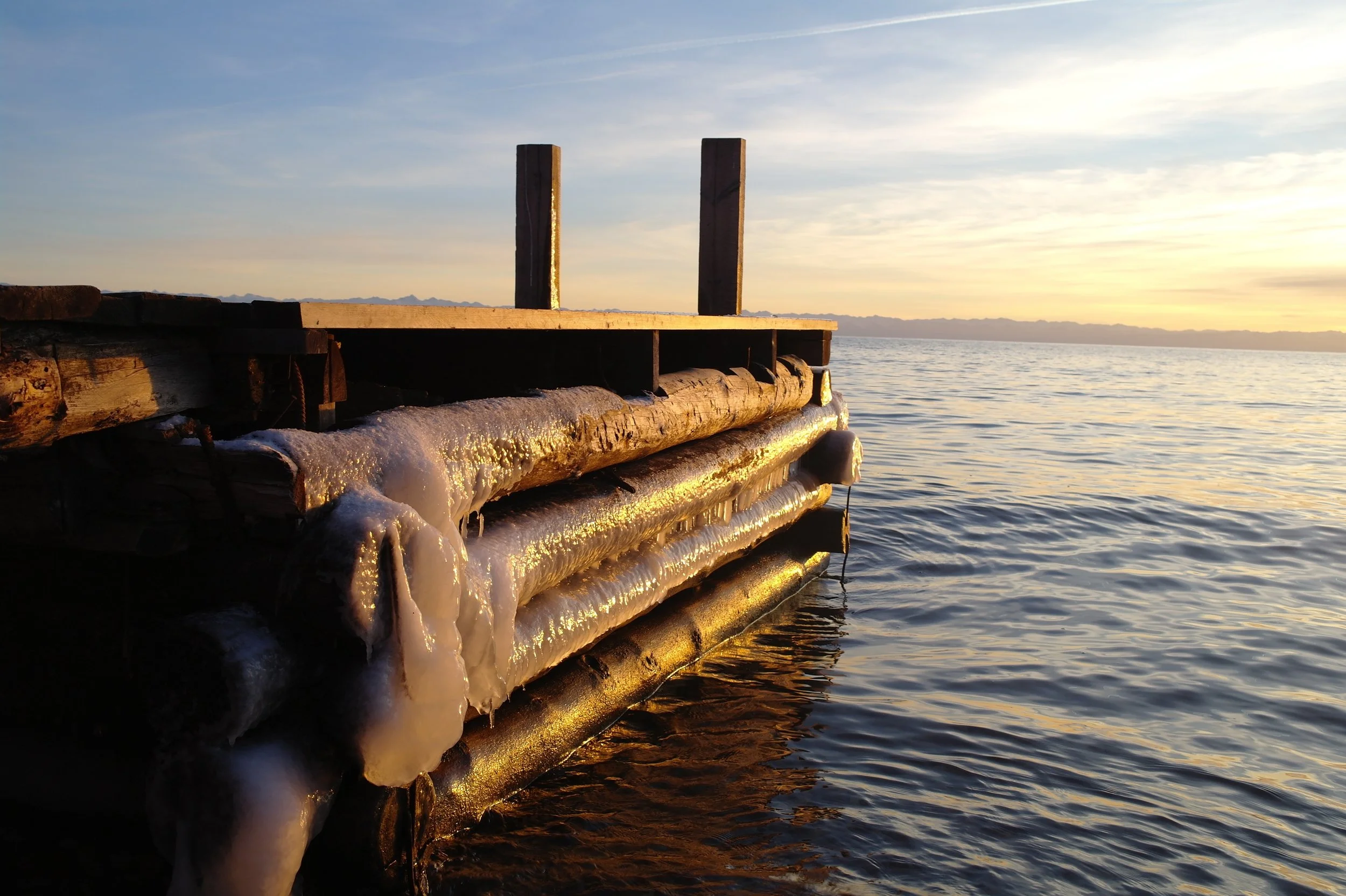Trans-Siberian: Krasnoyarsk to Irkutsk
If you'd like to know a bit more about the Trans-Siberian Railway before reading this post, check out my Introduction to the Trans-Siberian.
Train: 362
Type: Skory
Class: 2nd
Duration: 19 Hours
Time Change: +5 Hours
Walking into our compartment on the third train ride of the trip, we were excited to find a Russian-English phrasebook and an English novel sitting on the table. As we started to unpack our things, we were joined by a tall young German guy named Alex. He'd already been on board for 12 hours, but was also headed to Irkutsk.
We settled in and started talking about our experiences on the train so far. Like us, Alex had met very few other travellers on his trip so far. But unlike us, he had met plenty of Russians with whom to throw back a few bottles of vodka on every trip.
As the train rolled on, we made our way to the dining car around 4:30 to grab a few beers. And while it wasn't exactly a party, it was the liveliest dining car we'd been in yet–with balloons strung up everywhere, Russian folk music blaring, and a handful of very drunk older Russian men being taken care of by the two provodnistas.
One beer turned into quite a few and, after being joined at our table by an incoherently drunk man, we decided to grab a few more beers and a bottle of vodka to take back to our compartment. Which probably would have been a good time to stop. But instead, Alex jumped off the train at about midnight to grab another round of beers from a stall on the opposite side of the tracks, only to get stuck on that side when another train rolled through the station. An excellent way to get left behind on the Trans-Siberian (he didn't).
The next morning, we woke up just in time to have some oatmeal before pulling into Irkutsk at around 11:30am. We grabbed a (ridiculously) overpriced taxi to the centre of town and said goodbye to Alex at his hostel before making our way to the central market to catch a minivan to Listvyanka–the closest town on Lake Baikal.
Michael and I spent the next two days exploring the sleepy lakeside town at a very leisurely pace. And although the lake itself was stunning, the town was completely underwhelming. Like so many 'resort' towns in Asia, Listvyanka clearly sprung up in a haphazard way to meet the demands of summer tourists. With no urban planning to speak of, the town consists of a single highway running along the lake, with various restaurants and guesthouses smattered along the length of it, many of which are shuttered for the winter or have fallen into disrepair. There is no sidewalk, so getting around town means traipsing along the shoulder of the highway, which is particularly shitty at night as there are also no streetlights. And there's no real centre of town, so you constantly have to walk up or down the highway to get to one place or another.
Thankfully, the lake just about makes up for the poor town planning. Not yet frozen, Baikal was just beginning to ice over at the edges and in the shallower depths. And while we didn't get the full winter experience, we did have the lake almost to ourselves, which has its own appeal.
After two days of relaxing, we headed back into Irkutsk to meet up with Maika and celebrate my 30th birthday. Boarding our minivan to the city, we were greeted by a young Russian guy named Nikita. He was on his way into Irkutsk for his weekly English class and was so happy to practice talking to us all the way into town. We exchanged numbers at the bus station and with that, my birthday party of 3 grew to 4.
And when the night eventually rolled around, we found ourselves with quite a big group of people–German, Dutch, French, Polish, Russian. We moved from bar to bar, picking up more people along the way. What started as a 3-person party turned into something much better, as the people that we or Maika had met along the way all convened in the same place at the same time.
And that's the one really notable difference between Irkutsk and all the other stops in Russia: everybody stops here. So although it's deep in the middle of Siberia, it has a more international feel than any of the other cities east of Moscow. And from this point on, we crossed paths with this same group of people again and again–in train stations and hostels all the way to Beijing. If the Trans-Siberian had felt more like a string of commuter trains until this point, after Irkutsk it started to feel more like a journey.

















